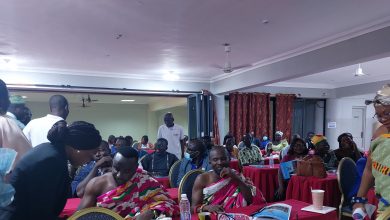
The Chamber of Automobile Dealership Ghana (CADEG) is actively advocating for the elimination of internal bureaucratic processes and road checkpoint barriers to trade in Ghana.
These hindrances are impeding business growth and competitiveness in the country.
“If we are to facilitate trade, then some of these barriers which we term as non-tariff barriers should be removed to make our trade competitive. Barriers to trade, delays at the borders or en route do cost a lot of money, and that does not make us competitive,” he said.
According to automobile dealers, it is crucial to remove all unnecessary interference, commonly known as non-tariff barriers, that impede trade facilitation without yielding any financial benefits to the state. This elimination is necessary to enable local businesses to compete effectively within the Africa Continental Free Trade Area (AfCFTA) market.
The group highlighted various examples of non-tariff barriers to trade, including vague regulations, unnecessary document requests, document duplication, complex bureaucratic processes, and road checkpoints.
Nana Adu Bonsu, President of CADEG, emphasized the significant potential of the automobile industry in driving economic growth, generating employment opportunities, and contributing to national development.
However, Bonsu expressed concern about the numerous obstacles faced by the industry, such as burdensome trade procedures, complex regulations, and corrupt practices. These challenges pose a threat to the industry’s growth and impede overall progress.
“If we are to facilitate trade, then some of these barriers which we term as non-tariff barriers should be removed to make our trade competitive. Barriers to trade, delays at the borders or en route do cost a lot of money, and that does not make us competitive,” he said.




